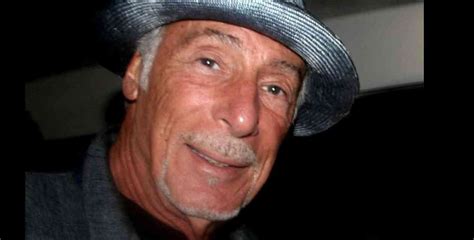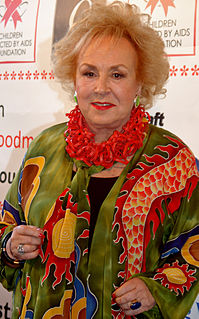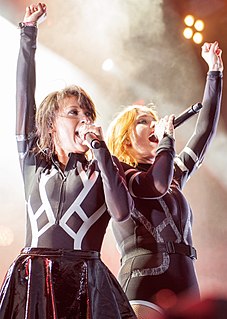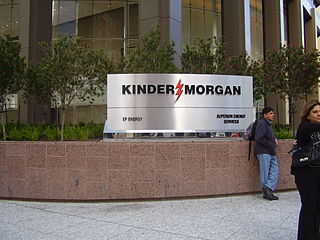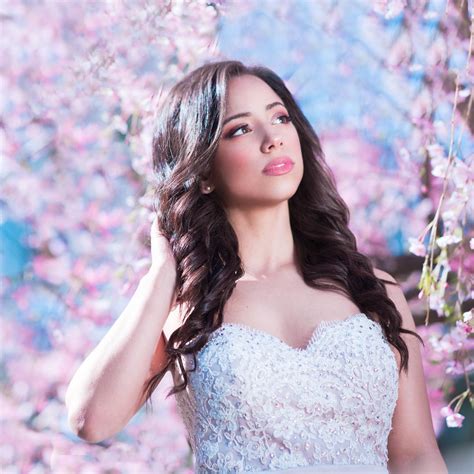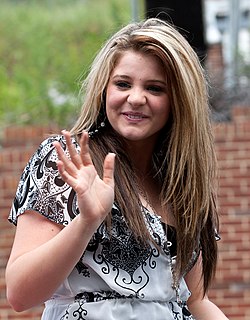A Quote by Jeff Nichols
If I can drive down the road in my car and listen to XM satellite, and when a song gets beamed into my car, it can tell me who wrote the song and what the damn lyrics are, why, when you broadcast a digital signal of a film, can't it speak to your television to set up a list of settings to show the film in the way that it was meant to be shown?
Related Quotes
I thought of the scene while writing scenes with Rebecca [Hall] and wrote it like an opening montage of showing where someone works. If you see a film about a car mechanic, you'd show the place they work and what they do. So, that's what I set out to do with Rebecca's character. I thought it probably wouldn't even make it into film but I ended up liking it.
One of the disadvantages of poetry over popular music is that if you write a pop song, it naturally gets into people's heads as they listen in the car. You don't have to memorize a Paul Simon song; it's just in your head, and you can sing along. With a poem, you have to will yourself to memorize it.
I didn't sit down and write a song like, "I want to write a song about this," but I just spent so much time living in this affectively charged space of the live show, with its risks and the incredible reward that comes from people knowing me, recognizing me, affirming me. And then I would wake up in the morning and have an eight-hour drive where I would read George Saunders and listen to Grouper and Pure X. And you bond so much with your tour-mates and your bandmates because it's this weird, quite desperate way of living.
But once you've made a song and you put it out there, you don't own it anymore. The public own it. It's their song. It might be their song that they wake up to, or their song they have a shower to, or their song that they drive home to or their song they cry to, scream to, have babies to, have weddings to - like, it isn't your song anymore.
I was working with Toby Gad, who spent a lot of time in India. There's a sitar [in "Body Shop"] and the song has a very Indian flavor to it. I liked the idea of the body of a car as a kind of sexual metaphor - What you do to a car, what you do in a car - drive. So, lots of innuendos, and lots of fun.



